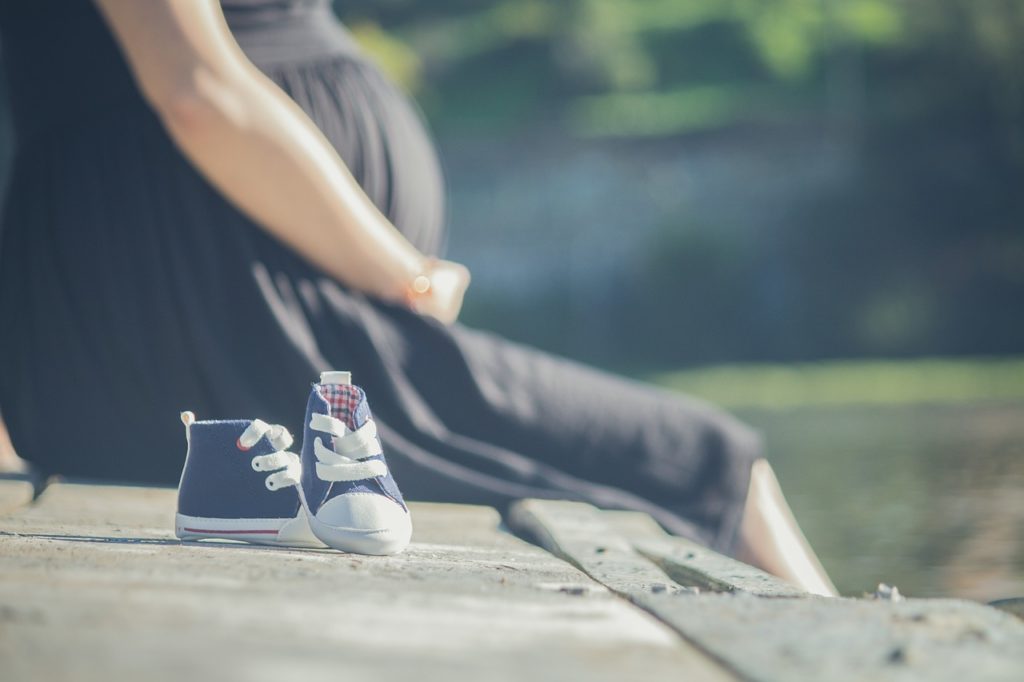
The ability to create life is a wonderful gift bestowed on women. But there are a number of factors that play a pivotal role before you are able to bring a new life into this world. Amongst all these, one which needs special attention is the age when you were first pregnant.
Age indeed plays a very important role in pregnancy. This is due to the fertility changes that women go through during their lifetime. And, it is the interconnection between age and fertility that contributes to successful pregnancies, lesser complications, the body’s preparedness to carry the pregnancy, and the overall impact on health during pregnancy and its effects later in life.
Studies suggest that the age when a woman gets pregnant for the first time is linked to overall health later in life around midlife. This study was conducted among three groups of women who had their first baby when they were in any of the three age groups:
- Teen mothers: Had their first pregnancy much early and when they were in the age bracket of 15-19 years.
- Young mothers: Had their first baby when they were in the age bracket of 20-24 years.
- Adults: Had their first pregnancy much later and when they were in the age bracket of 25-35.
The study made some interesting revelations regarding the relationship between the age when a woman was pregnant for the first time and health risks during midlife, like:
- It is previously believed that teen mothers faced the highest health risk as compared to others who conceived during their 20s or 30s. But the study debunked the theory that only teen mothers (age group 15-19) are at the highest health risk during their midlife. The study stated that just like teen mothers, young adults (age group 20-24 years) also have high health risks when it comes to health during midlife.
- The study revealed that women who had their first child in the age group 25-35, had the best health during their midlife as compared to those who reported their first pregnancy in teenage (15-19) or as young adults (20-24).
- The study also made revelations for women who had children outside marriage and later married. It said that women, who have a child outside marriage and later marry, reported worse health during their midlife. However, this was not the case in case the woman who had a baby outside marriage choose to be single.
It is worth mentioning here that along with the health impacts in midlife, there are more factors that should be weighed before having a baby and also after you have brought your baby into this world.
This includes factors to check how prepared you are. So, the right time to have a baby will depend on how prepared you are in terms of physically, mentally, emotionally, and financially to bring a new life into this world.


































